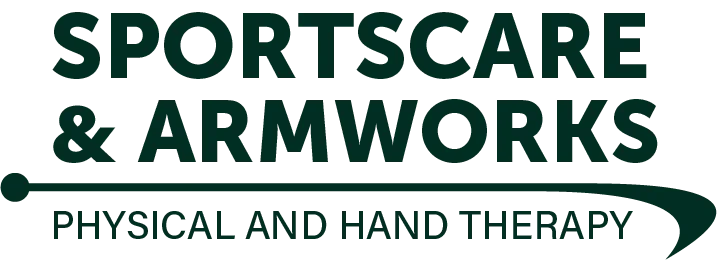What is Shoulder Pain?
Shoulder pain is most commonly connected to overuse activities, but is also associated with acute injuries, poor body mechanics, damaged nerves, and age-related issues like arthritis. Depending on your condition and personal tolerance, your shoulder pain may vary in level of discomfort. It can range from slight soreness, to numbness and tingling, reaching all the way to an extreme burning and stabbing pain. Pain may be localized or radiate to the neck, the upper back, or the outside of the upper arm. Physical Therapy is an effective shoulder pain treatment that can be used to reduce pain and restore range of motion.
Understanding Shoulder Anatomy
The shoulder is a ball and socket joint, also known as the glenohumeral joint, and is the body’s most flexible and complex joint. It is the connection of the scapula (shoulder blade) with the humerus (upper arm), but also incorporates the motion between the shoulder blade and the upper back. With so much mobility, it is no surprise that the shoulder is prone to injury.
Causes of Shoulder Pain
Shoulder pain is frequently linked to the activities we do and how we perform them. Below are some common causes of shoulder pain, as well as other activities that may contribute to shoulder discomfort or dysfunction:

Shoulder Pain Conditions
SportsCare & Armworks Physical and Hand Therapy are experts in shoulder physical therapy. Our PT’s offer shoulder pain treatment to rehabilitate a variety conditions, including, but not limited to:
Shoulder Pain Treatment
SportsCare & Armworks Physical and Hand Therapy sees each patient as an individual with unique needs. At your evaluation appointment, your physical therapist will perform a professional assessment of your injury or condition. Together you will discuss your recovery goals and they will answer any questions about the PT process that you may have. Next, your physical therapist will create a personalized shoulder pain treatment plan specifically for your needs. Shoulder physical therapy at SportsCare may include:

Nearly 4 MILLION Americans report having shoulder
pain or dysfunction every year.
Frequently Asked Questions
Shoulder pain can take some time for it to start to decrease. Muscles and tendons generally take 4-6 weeks to heal, and physical therapy can improve the length and intensity of your symptoms.
If your shoulder pains do not start to show improvement in the first few weeks after injury, then starting physical therapy early can help to get the muscles healing quickly to decrease your pain and get you back to the activities you love to do.
Physical therapy can last a few weeks to months depending on the injury and severity of your symptoms. The length of time you have been having pain can also play a role in how quickly your body will recover.
Usually, you will be able to return to work quickly with modifications, and a full return as your shoulder fully recovers. Ultimately, your workers’ compensation injury provider will determine when and at what capacity you can return to work.
Being able to return to sports may take several weeks until your shoulder pain starts to decrease. Your PT may also suggest you make a gradual return to full participation to make sure that you do not re-injure your shoulder.
Sleeping with shoulder pain can be challenging, and many times the use of extra pillows or in some cases sleeping in a recliner may be the best solution. Your physical therapist will be able to make suggestions on positions that will help you get the sleep and rest you need.
Here is a list of the insurance plans accepted by SportsCare & Armworks Physical and Hand Therapy. If you are unsure of your coverage or if your plan is accepted, please contact one of our offices. We are happy to assist you in learning about your benefits.
SportsCare & Armworks Physical and Hand Therapy have convenient locations in Gresham, NE Portland, Clackamas, Beaverton, Tigard, and Sandy. Location specific contact information can be found here: View Locations

